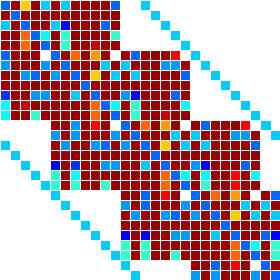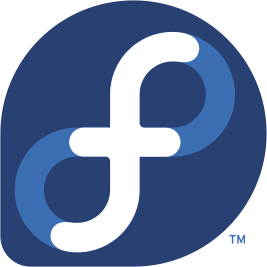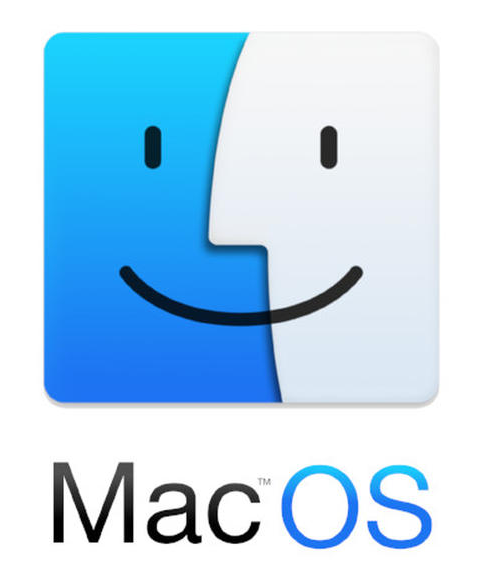MUESLI library

What is MUESLI?
MUESLI is a free numerical and graphical library, written mainly
in Fortran 95 and developped by Édouard Canot.
For a first introduction, see the
User Guide.
The available release is numbered 2.22.1 and dated 2025-05-19.
- for Linux systems, contrary to the past, only two Fortran 95
compilers are supported:
- GNU gfortran, version ≥ 4.9 (version numbers up to 15 are ok)
- INTEL ifort, version ≥ 13 (version numbers 11 and 12 may work, but
are no longer supported)
Please use the whole
unix sources archive, or use binary versions: see the
packages for Ubuntu
 and
those for Fedora
and
those for Fedora
 .
.
Note that Fedora packages will be soon unsupported. Indeed, it is very
easy to install yourself the Muesli library on such a distribution.
- for a Windows systems
 ,
WSL (Windows Sublayer for Linux) is now mature and support many
releases of Ubuntu (see for example
Ubuntu 22.04 on WSL). Once Ubuntu (or another linux
distribution) is installed as a virtual machine, you can
install yourself MUESLI.
,
WSL (Windows Sublayer for Linux) is now mature and support many
releases of Ubuntu (see for example
Ubuntu 22.04 on WSL). Once Ubuntu (or another linux
distribution) is installed as a virtual machine, you can
install yourself MUESLI.
MinGW-w64 is now unsupported.
- Mac OS X
 is now
unsupported.
is now
unsupported.
MUESLI needs also a C and a C++ compiler. GCC and INTEL actually constitute
compiler suites, which provide their own C and C++ compilers.
BLAS / LAPACK
must be available on the target machine. The following versions (older ones may
or may not work) are recommended: 3.7.1 (Jun 25, 2017), 3.8.0 (Nov 12, 2017),
3.9.1 (Apr 1, 2021), 3.10.1 (Apr 12, 2022), 3.11.0 (Nov 11, 2022) or
3.12.1 (Jan 8, 2025).
They can be get here.
The numerical part (FML) contains more or less 420 user-available routines and
around 2860 unitary tests. As far as we know, this whole numerical library
doesn't contain any memory leak (or very few — thanks to valgrind).
MUESLI is not a thread safe library.
Credits:
The Third-party subprograms or libraries
PDF document contains an exhaustive list of other software (partially) included in
the MUESLI library. Please feel free to contact me in case of erroneous
information.
Documentation:
The Installation Guide and the
Reference Manual can also be downloaded.
Recent news:
- 2025-05-28: Release of the 2.22.1 version. New msColAutoScale,
msRowAutoScale and msExtractTetraConnect routines.
msPause and mfSortRows routines improved. msSortRows
added. Many bugs fixed in both FML and FGL.
- 2025-03-13: Release of the 2.21.19 version. Fixes bugs in
both FML and FGL. Integration via msQuad has
been improved for infinite intervals. New autocorrelation routines
mfXCorr and mfXCorr2. New routines to deal with
Voronoi tesselations, both in FML and FGL. New
physical units added. In Bar plot (msBar), for the X-axis,
the numerical ticks labels may be replaced by any character
strings.
- 2024-04-15: Release of the 2.21.5 version. msTriContourF
accepts now disjoint zones in the used triangular mesh.
- 2024-03-25: Release of the 2.21.4 version. NaN values are
now supported in msTriContourF and msTriFill, they are
equivalent to lack of data.
- 2024-01-12: Release of the 2.21.1 version. GCC 4.9 is now the
minimum version to build Muesli. Fixes few important bugs in both
FML and FGL. NaN values are now supported in
msTriContour, they are equivalent to lack of data. New behavior
of mfCount, which behaves now like the Fortran intrinsic
function 'count'. Sparse boolean mfArrays are now implemented.
For GNU_GCC, all private components of some Muesli derived types are
now really hidden, via an internal modification of the precompiled
module files 'fml.mod' and 'fgl.mod'.
- 2023-11-20: Release of the 2.20.5 version: fix of an important bug
which prevents to draw data using automatic axis.
- 2023-11-05: Release of the 2.20.4 version, which fixes a number of
bugs, more or less important.
- 2023-03-23: Release of the 2.20.3 version. Redesign of the X11
graphic engine, and many improvements of the graphic routines. Many
bugs fixed. Quadratic Bézier segments can now be drawn by
msPlotQuadrBezier. API modified for some FGL routines.
Many improvements in routines dedicated to the build of triangle mesh
connectivity. EPS and PDF drivers improved (generated
files are more compact). New routines for filled contours
(mf/msContourF and mf/msTriContourF)
- older news can be found here.
For any question, please contact the author:
Mail: 
Come back to the author web page.
Last page modification: 2025-06-12


